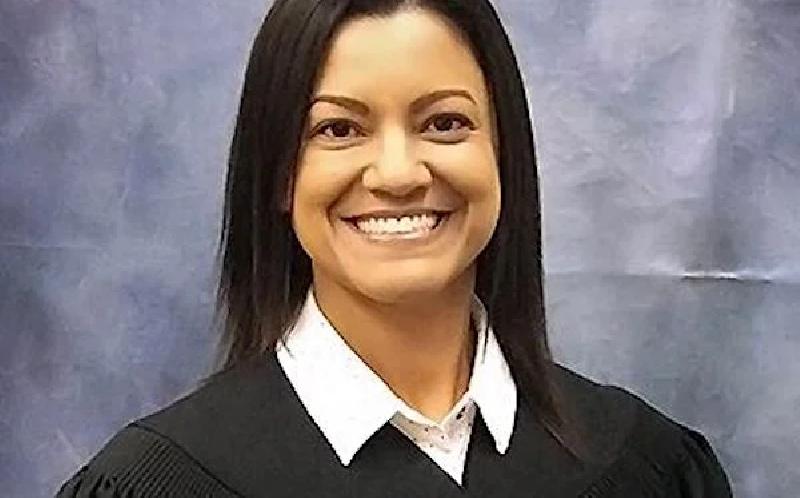As the year comes to a close, a number of President Joe Biden’s judicial nominees are still pending confirmation, including some who couldn’t answer basic constitutional questions.
Two nominees who failed to answer questions on simple legal terms during their confirmation hearing were advanced on party lines through the Senate Judiciary Committee in May following the late Democratic California Sen. Dianne Feinstein’s return after recovering from shingles. But, months later, neither has been voted on and confirmed by the full Senate.
Charnelle Bjelkengren was nominated on Sept. 19, 2022 to serve on the U.S. District Court for the Eastern District of Washington. She faced a rocky hearing after failing to answer Republican Louisiana Sen. John Kennedy’s questions about what Articles 5 and 2 of the Constitution do.
Article 5 outlines the process for amending the Constitution, and Article 2 establishes the presidency.
U.S. District Court for the District of Colorado nominee S. Kato Crews, meanwhile, could not answer a question relating to evidence discovery. He failed to explain what a Brady motion is when asked by the senator.
The term stems from the Supreme Court case Brady v. Maryland, which requires prosecutors to hand over evidence to the defense. Biden nominated Crews on Feb. 22, 2023.
During her confirmation hearing, Hill failed to describe to Kennedy the difference between a “stay order” and an “injunction.”
As of Dec. 14, 164 Biden Article III judicial nominees have been confirmed, while 29 are still pending, according to the American Constitution Society (ACS). These include 16 who are waiting on a floor vote, 11 waiting to be advanced out of the Senate Judiciary Committee and two waiting for hearings.
Additionally, Biden announced five new nominees for district court judges in red states on Dec. 19.
Among nominees waiting for a floor vote is Biden’s nominee for the U.S District Court for the District of Oregon, current U.S. Magistrate judge Mustafa Kasubhai, who instructs parties and lawyers in his courtroom to address one another using preferred “pronouns and honorifics.” Republican senators slammed his record during the hearing, with Texas Sen. Ted Cruz calling his views on sexuality “radical” and Utah Sen. Mike Lee pressing for answers about his views on diversity, equity and inclusion (DEI).
Democratic senators are gearing up to focus on confirming more nominees in 2024 after Biden’s rate slowed this year compared to the third year of former President Donald Trump’s term, according to Reuters. Trump had 187 judges confirmed by the end of his third year, according to ACS.
“Now we’re looking at a situation where if either the presidency switches or the Senate switches, most of this progress probably will be stopped or greatly stifled,” ACS president and former Democratic U.S. senator Russ Feingold toldReuters.
Close to two-thirds of the judges Biden appointed are members of a racial or ethnic minority group, according to Pew Research. Biden said in a February statement celebrating his 100th judicial confirmation that his nominees “represent the diversity that is one of our best assets as a nation.”
“We have made important progress in ensuring that the federal judiciary not only looks more like the nation as a whole, but also includes judges from professional backgrounds that have been historically underrepresented on the bench,” he said.
via wnd

